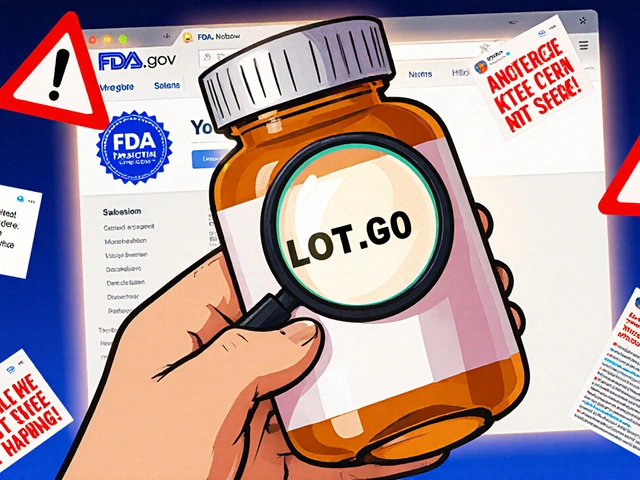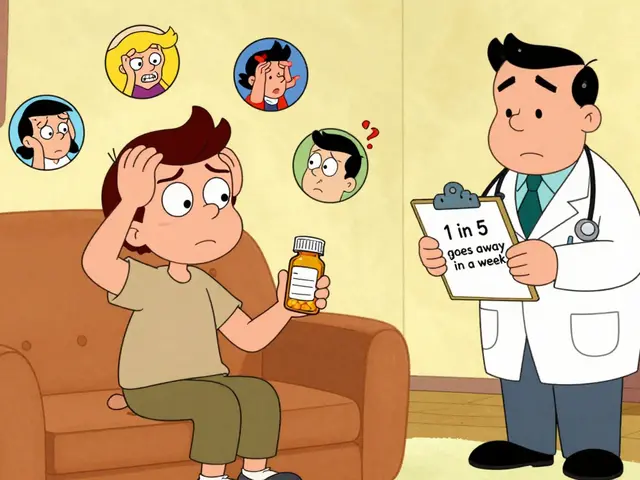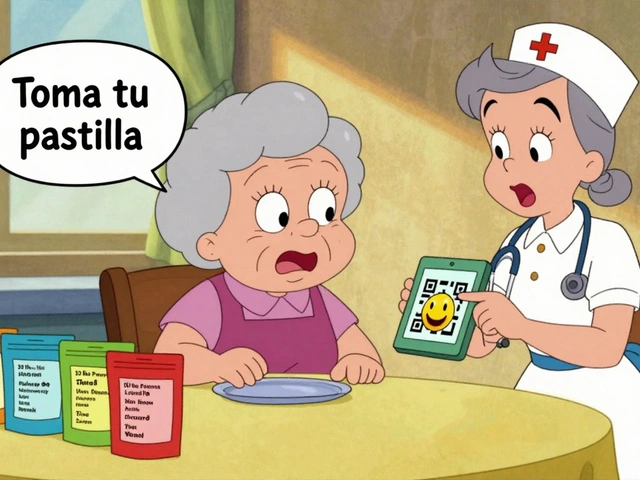Proton Pump Inhibitors: What They Are, How They Work, and What Alternatives Exist
When your stomach makes too much acid, it can cause heartburn, ulcers, or damage to your esophagus. That’s where proton pump inhibitors, a class of drugs that block the stomach’s acid-producing pumps. Also known as PPIs, they’re among the most prescribed medications for acid-related conditions. Unlike antacids that just neutralize acid temporarily, PPIs go straight to the source—shutting down the cells that make acid in the first place. That’s why they work better for long-term relief.
Common PPIs include omeprazole, esomeprazole, lansoprazole, and pantoprazole. They’re used for GERD, a chronic condition where stomach acid flows back into the esophagus, peptic ulcers, and even Zollinger-Ellison syndrome. But they’re not the only option. People often try H2 blockers like famotidine first because they’re available over-the-counter and have fewer long-term risks. Some also turn to lifestyle changes—cutting out spicy food, losing weight, or not lying down after meals—to reduce reliance on pills.
But here’s the thing: using PPIs for years without a clear reason can bring risks. Studies show links to kidney problems, bone loss, and nutrient deficiencies like magnesium and B12. That’s why doctors now recommend using the lowest dose for the shortest time possible. If you’ve been on one for more than a few months, it’s worth asking if you still need it—or if another approach could work.
The posts below cover real comparisons you can actually use. You’ll find how PPIs stack up against other acid-reducing drugs, what side effects to watch for, and how to safely stop them if you’ve been taking them too long. There are also guides on managing reflux without pills, how diet affects stomach acid, and what to do when over-the-counter meds stop working. Whether you’re new to this or have been dealing with acid issues for years, these articles give you clear, no-fluff answers—not just marketing claims.
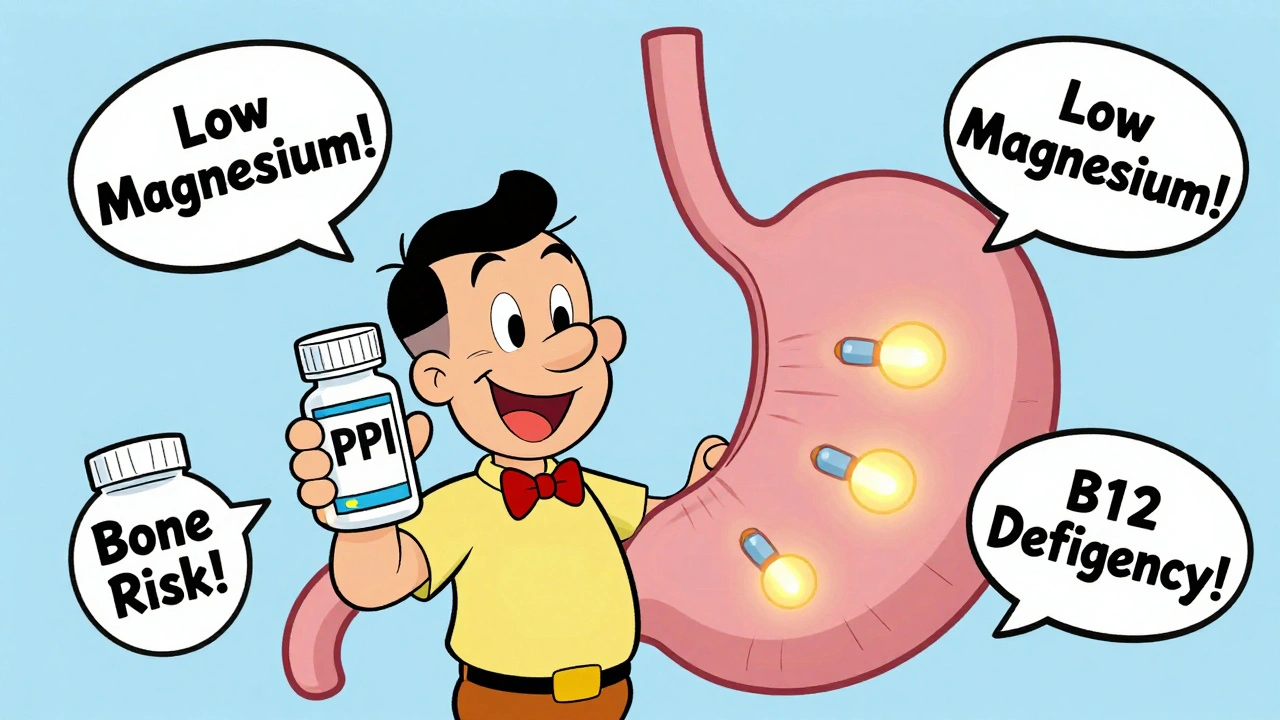
Proton Pump Inhibitors: Long-Term Risks and When to Stop
Proton pump inhibitors (PPIs) help with heartburn, but long-term use can cause low magnesium, bone fractures, and vitamin B12 deficiency. Learn when to stop and how to do it safely.
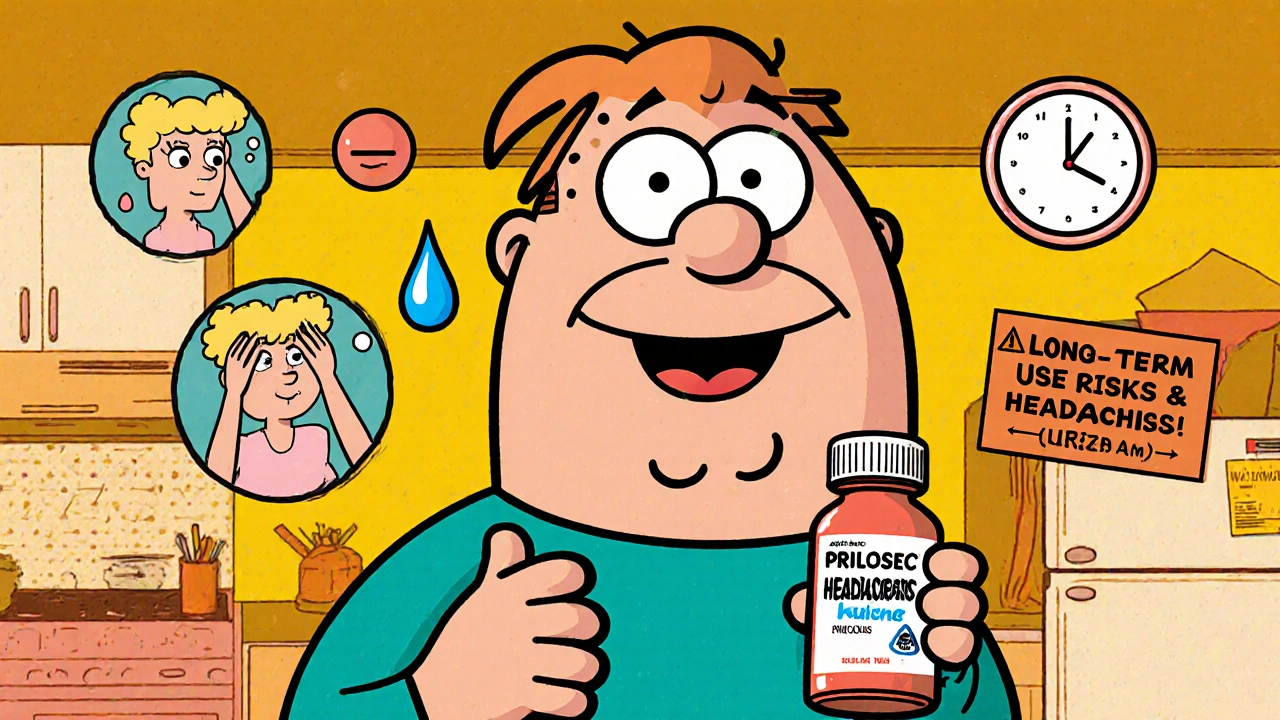
Prilosec vs Alternatives: What Works Best for Heartburn and Acid Reflux?
Prilosec (omeprazole) helps with heartburn, but alternatives like pantoprazole, famotidine, and lifestyle changes can be cheaper, safer, or more effective. Learn which options work best for daily use, occasional symptoms, or long-term relief.

